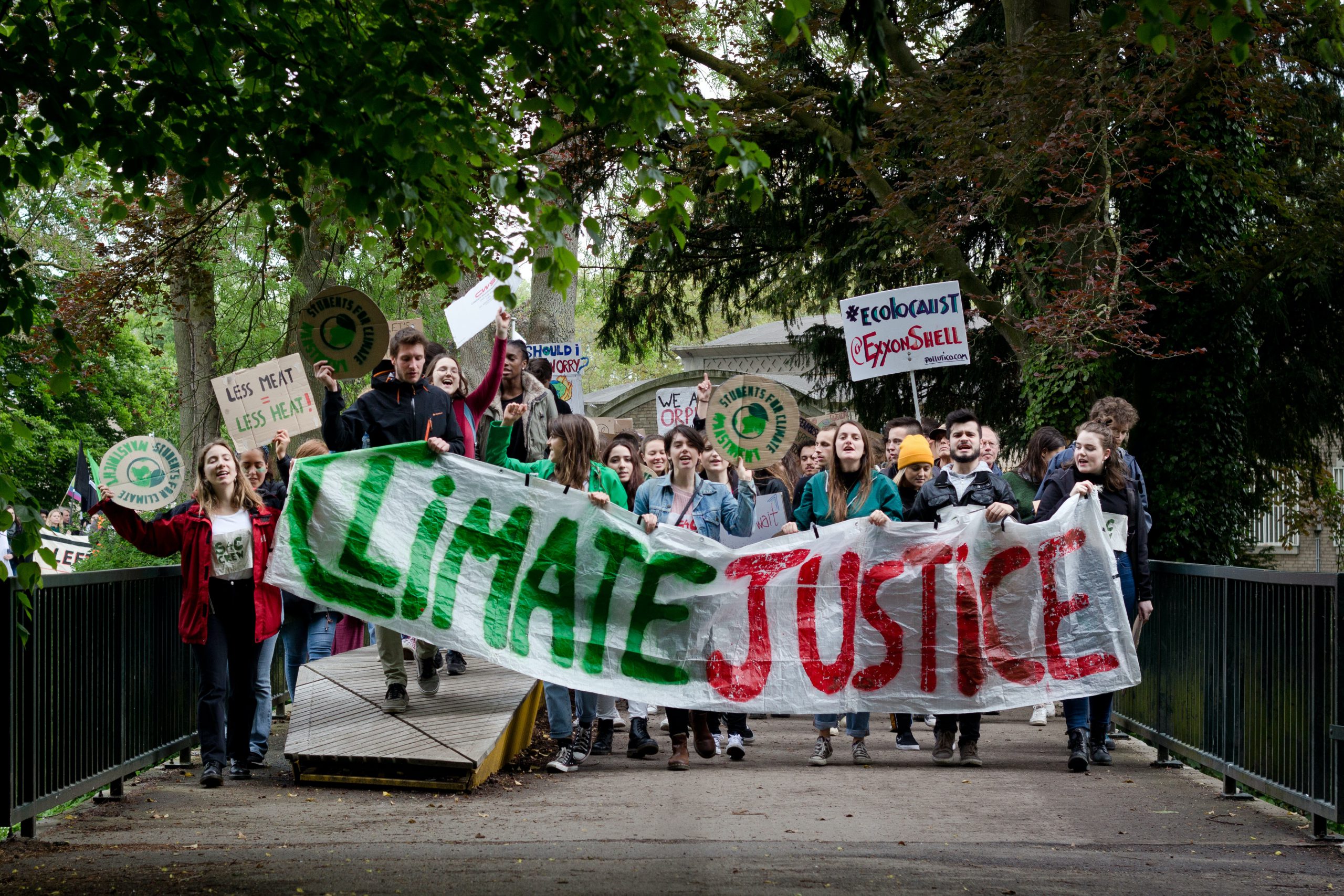Tag: Gender

Calling in Calling Out
Building powerful movements for a just and democratic society requires tearing down the walls separating people and welcoming new people into the movement. It takes recognizing that individuals, shaped by...

Dr. Martin Luther King Jr.’s Multiple Lanes to Multiracial Democracy
*This article was written by Chief Organizer Maria J. Stephan and was first published on Waging Nonviolence. King understood that no single approach would be sufficient to combat the interconnected evils...

How Domestic Civic Movements Could Reshape US Foreign Policy
*This article was written by Chief Organizer Maria J. Stephan and was first published on Just Security. President Joe Biden’s early reversals of Trump policies have included at least three...

MAPPING THE ECOSYSTEM OF SOCIAL CHANGE
This overview was created after a convening of organizations and networks who are endeavoring to map the larger “ecosystem of social change,” including social justice, bridge-building, and democracy organizations, practitioners,...
